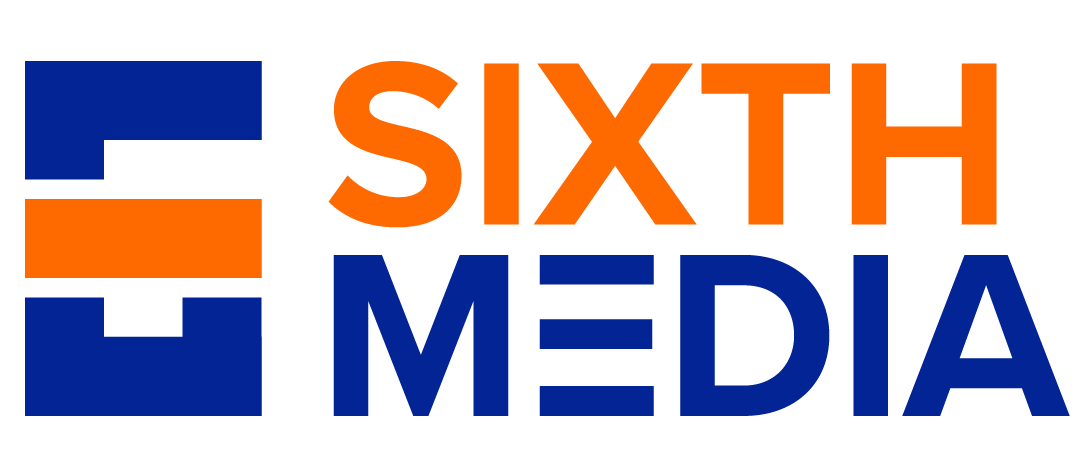Top 10 Tips to Improve SEO EAT in Challenging Markets

Ranking for YMYL (Your Money or Your Life) websites can be challenging, particularly in markets such as legal, financial and medical. Here are ten action items to help build and improve EAT in SEO.
Click one of the links below to get started:
Table of Contents
What is Google’s E A T and Why Is It Important?
Websites that sell products or provide services or information that can impact the happiness, health, financial stability or safety of others are categorized by Google as “YMYL,” which stands for Your Money or Your Life.
To understand why ranking in these markets is challenging, first consider the landscape of these industries and how Google works: these are highly regulated industries and the decisions people make in these markets are very important, and Google’s primary purpose is “to present relative and authoritative content to users.”
Google uses two strategies, one automated and one manual: The automated component utilizes a myriad of algorithms, patented methods and technology to analyze and prioritize website data.
For the manual assessments, Google utilizes people to be Search Quality Raters, whose role is to assess a website based on criteria contained in the Search Quality Rater Guidelines,.
The assessments of the Search Quality Raters do not affect a particular website’s ranking, but Google data is used to adapt and improve Google’s automated processes.
There has been a lot of buzz about EAT SEO in the marketing professional community, and the term derives from the Search Quality Rater Guidelines, where it is described in detail and flagged as one of the most important factors Search Quality Raters must use to assess sites.
What does EAT mean?
- “E” – The expertise of the creator of the main content.
- “A” – The authoritativeness of the creator of the main content, the main content itself and the website
- “T”- The trustworthiness of the creator of the main content, the main content itself and the website.
Bottom Line for the E-A-T concept: While Google has not revealed how or the extent to which E-A-T factors into its automated ranking processes, there is a strong implication that a website’s E A T is an extremely important criteria, especially for YMYL websites.
How to Build the Expertise, the “E” in EAT
If you are producing any kind of YMYL content, building expertise is key. Step one is that your author must actually have a significant knowledge and experience with the subject. Step two is that the level of expertise of your author needs to be clearly communicated.
1. Ensure Your Authors Actually Have Significant Knowledge and Experience
Even if your author is an expert in actual fact, this factor will not be able to be proved to the algorithms unless corroborating information is publicly available.
Test your authors by doing a google search on their name to see what the Google algorithms might see. Look at their LinkedIn, Twitter, and other online information see if your search shows any awards, accolades, publications or education relating to the topic.
2. Identify Authors with an Author Bio and a Link to the Author Page
Every article and blog post on your website needs to identify who wrote it. An author bio and link to an Author Page is an optimal way to accomplish this.
The Author Bio should include at minimum the author’s full name, headshot, title/position, credentials in detail and contact information.
Below, you can see the example of my personal bio page on the SEMRush Blog.
Bottom Line for Building Expertise: Use content from authors that have verifiable expertise as shown by their online presence, awards, profile, education, etc., and display their accolades and experience with a byline and bio page.
How to Develop Greater Authority
Authority is multifaceted in that its judged by the creator, the main content and the website. There are many opportunities to improve in each of these areas.
3. Consider Your “About Us”, “Contact Us” and “Customer Service” Sections
The Quality Rater Guidelines state that it should be clear who created the website. The Guidelines instruct the Raters to looks for identifying information in “About Us” or “Contact Us” sections and customer service information.
Building out your “About Us” and “Contact Us” sections is low hanging fruit for improving Authority. Here, you can find examples of excellent “About Us” sections.
4. Publish objective, interesting and high quality content
Demonstrate expertise by producing high quality content; this will bolster your site’s authority.
High page quality content must be
- Interesting and relevant to the reader
- Formatted with short paragraphs to be quickly understood
- Free of spelling or grammatical errors
- Well-researched and comprehensive.
5. Link to relevant authoritative sites
Authority is the concept of quantifying what others think of you, and another way to assess this is with links to external sites; this can be a surprisingly effective SEO strategy.
A simplistic view of links is that they are like votes of authority for your site and some votes count more than others.
Developing an SEO strategy around link building in the right ways to the right sites is vital to improving the authority of your site.
A link building guideis a good starting point for creating a link building strategy and my article
explains how to evaluate prospects.
6. Seek for shares, mentions or other valuable citations
Obtaining opportunities to truly engage with your audience can be very challenging, but seeking for social media marketing success is an important goal.
Facebook, Instagram, Youtube, TikTok, Reddit, Snapchat, LinkedIn and Twitter are among the biggest social media sites to target.
If you are a small or newer business starting from scratch on community outreach, start with local avenues. Write press releases for local news outlets, apply for awards that might be local in nature, look for connections to local or niche social media groups, join community groups, volunteer to be a guest on a podcast.
Bottom Line for Developing Greater Authority: Developing greater authority is an ongoing process, but first steps can include verifying that information is robust and accurate, creating high quality content, obtaining valuable links and achieving true engagement with your audience.
How to Establish Trustworthiness
Trustworthiness relates to the level of confidence in the creator of the main content, the main content itself and the website. Some like to conceptualize trustworthiness as whether the user stays on your site and believes the information presented.
7. Avoid plagiarism and correctly cite to source material
Google has policies to manage scraped or unoriginal content, so it is important to avoid plagiarism and correctly cite to source material. Google reported in 2017 that they blocked over 12,000 websites for “scraping,” duplicating and copying content from other sites, up from 10,000 in 2016.
8. Audit the basic elements of your site
The basic elements of the site are important and include being free of spam and mobile friendly.
For many sites, important basic elements include having a physical address and embedding google maps.
You can leverage structured data to identify for Google critical information about your site.
9. Be careful how ads are presented
Google’s Guidelines state that the presence or absence of ads is not by itself a reason for a high or low quality rating. However, this concept is qualified by statement that the website will be responsible for the overall quality of the ads displayed.
Based on this guidance, wisdom in presentation of the ads and consciousness of the type and number of ads is recommended.
Link attributes are also needed to meet Google guidelines.
10. Create a separate page for customer reviews and testimonials and respond to every one
Customer reviews and testimonials are a vital aspect of building the trustworthiness of your site.
Some business owners are reluctant to include customer reviews for fear that some of the reviews may be negative.
Interestingly, a study published in Psychological Science found that the number of reviews might be more important in some instances than the rank of the review. It’s conclusion was that “people tend to favor a product that has more reviews, even when it has the same low rating as an alternative product.”
Not only should you seek a high number of reviews, but answering all reviews on your customer review page is recommended for increased trustworthiness.
Also, it’s important to remember is to answer and reply to all reviews on Google My Business.
Bottom Line for Establishing Trustworthiness in EAT: Trust is earned through doing the work of ensuring originality of content, policing your site for spam, keeping advertising within bounds, and building out customer feedback.
Conclusion – EAT Healthy!
Increasing your EAT is not an easy or a fast process.
A commitment to “E A T Healthy” requires ongoing effort to build expertise, authority and trust and continuous analysis and monitoring and new content to ensure that you maintain.
Google has sent a message that implies these priorities are important and long-lasting, so prioritizing a healthy E-A-T SEO strategy is likely to result in long-term rewards.

Alex Blaisdell is the CEO and owner of Sixth Media, a top digital marketing agency in Utah. He’s all about organic search and data-driven marketing. He’s worked on SEO and digital marketing campaigns for 10+ years, consistently driving online organic visibility and revenue for his partners.
